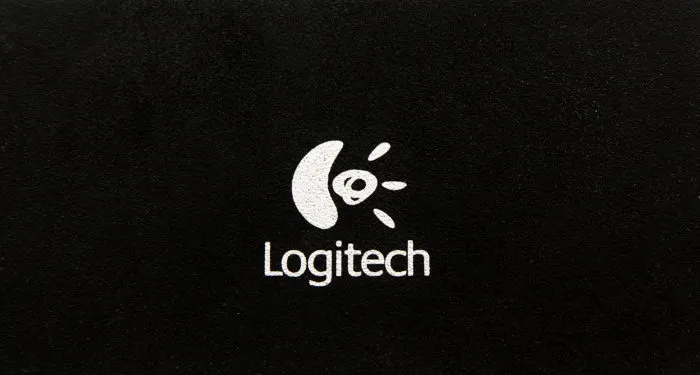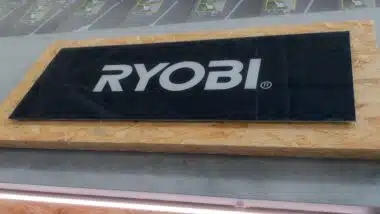 Logitech has been hit with a class action lawsuit alleging the company falsely advertises its speakers as containing “high quality” drivers when they actually contain “passive drivers” that do not produce sound.
Logitech has been hit with a class action lawsuit alleging the company falsely advertises its speakers as containing “high quality” drivers when they actually contain “passive drivers” that do not produce sound.
Lead plaintiff James Porath notes in his Logitech speaker class action lawsuit that the company dominates the computer speaker market.
The plaintiff says that one of its bestselling speakers, the Z200 stereo system, is falsely marketed to consumers.
“Logitech advertises the Z200 stereo sound system with specifications well-beyond those of its competitors in the same price range,” alleges the Logitech class action lawsuit. “While a majority of budget speaker manufacturers sell speakers with only one or two drivers (the sound producing component of a speaker), Logitech markets the Z200 speakers as featuring four ‘high-quality’ drivers.”
“But Logitech does not deliver on its promise,” continues the Logitech speakers class action lawsuit. “Instead, it designed and sold the Z200 stereo system with only two drivers and two devices called passive radiators, the latter of which it calls ‘passive drivers.’ These supposed ‘drivers’, however, do not produce any sound because they lack critical sound-producing components like the voice coil and the permanent magnet that traditionally make up a driver.”
“Simply put, a ‘passive driver’ is something that does not exist,” the plaintiff alleges.
The Logitech speakers class action lawsuit says that the Z200 speakers were released in 2013. The plaintiff claims that Logitech dominates the speaker market because other companies cannot compete with the low price of the Z200 speakers.
However, the company falsely advertises its speakers as having four drivers, alleges the Logitech speaker class action lawsuit, making it impossible for other companies to compete and duping consumers out of money.
The Logitech speakers class action lawsuit accuses the company of tricking consumers through the appearance of the Z200.
“The Logitech Z200 stereo sound systems contains two speakers: one for the right channel and one for the left,” states the Logitech speakers class action lawsuit. “Each speaker ostensibly contains two sound producing components of a speaker known as a driver. Together, the Z200 stereo pair appears to have four functional drivers”
Sold online through Amazon.com and Newegg as well as through traditional stores, like Best Buy, the company’s description of the Z200 stereo system works to deceive consumers as well, alleges the Logitech speakers class action lawsuit.
“Unfortunately, two of the Z200’s supposed ‘drivers’ are not drivers at all. These ‘drivers’ lack a voice coil and a permanent magnet and therefore are not electroacoustic transducers and cannot independently produce sound from an electrical signal,” claims the Logitech speakers class action lawsuit,
Porath says that in order to figure out that two of the drivers are not real, the consumer would have to open their Z200 stereo system.
“Logitech seeks to capitalize on the marketing tactic of ‘the more the better’ and hope that consumers will chose the Z200 stereo sound system because its speakers have more drivers than its competitors,” alleges the Logitech speakers class action lawsuit.
The plaintiff is seeking damages on behalf of himself, a proposed nationwide Class and California subclass.
Porath is represented by Todd Logan and Rafey Balabanian of Edelson PC.
The Logitech Speakers Class Action Lawsuit is Porath v. Logitech Inc., Case No. 3:18-cv-03091-WHA, in the U.S. District Court for the Northern District of California, San Francisco Division.
ATTORNEY ADVERTISING
Top Class Actions is a Proud Member of the American Bar Association
LEGAL INFORMATION IS NOT LEGAL ADVICE
Top Class Actions Legal Statement
©2008 – 2025 Top Class Actions® LLC
Various Trademarks held by their respective owners
This website is not intended for viewing or usage by European Union citizens.















5 thoughts onLogitech Class Action Says Stereo Speakers are Falsely Advertised
other 2 drivers are passive radiators to increase bass and do produce sound just not driven by amplifier directly. They use the out of phase backwave of the other driver and do produce sound thru compression inside box.common box design and bought a pair for my moms kitchen tv, they do the job as intended. Lawsuit seems like a silly waste of time!
Yeah, also saw the email, its discount pc speakers, and seeing as how I’m literally using mine as i type this, and they’ve been going strong since the day i bought them on sale for like $12, these folks should really go find another frivolous lawsuit to waste their local courts’ time with. so dumb.
Got the email also saying the class was denied, but the point is: enter a lawsuit for a $20 speaker (that actually is a good one), that itself proves that this person has absolutely NOTHING to do. Waist his time in this action is beyond my imagination.
Go to work and produce something good for others and for yourself you make you a better person.
Just got an email saying that the class was denied and they are looking for a new representative plaintiff. Want to hire an attorney so you can get money back (or some of it) on a pair of douchey $20 speakers that don’t sound half bad?
Add me